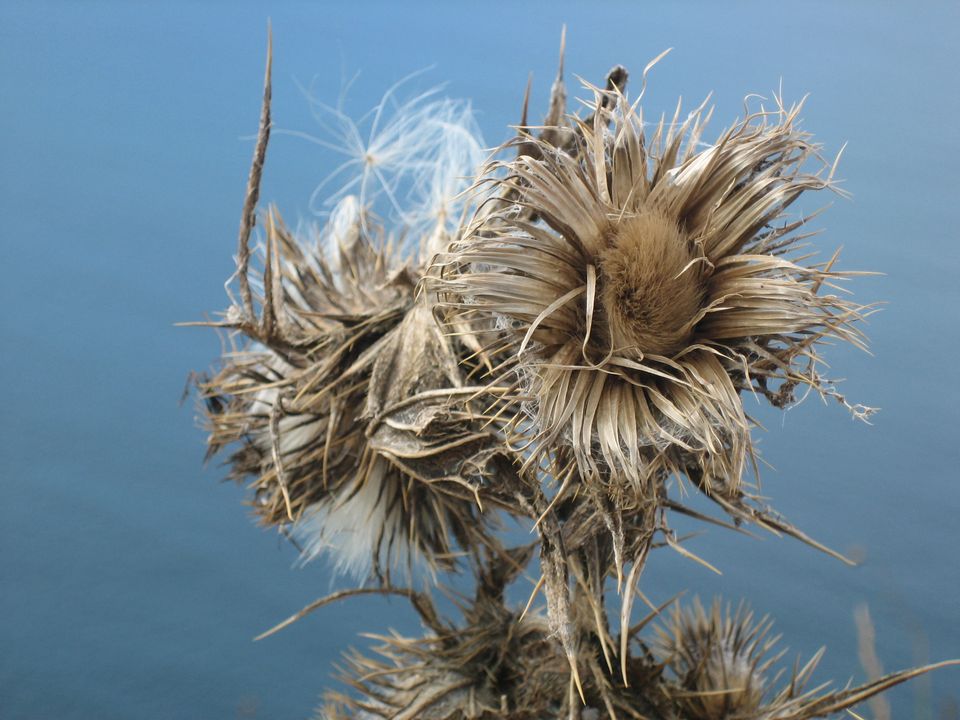Support for Brain Injury during the pandemic

The post last week highlighted some of the challenges facing UK Brain Injury Survivors and those caring for them during this pandemic. There are positive changes out there which offer support in new ways.
National and local charities providing on-going support
Headway - the brain injury association is a UK charity which aims to “promote understanding of all aspects of brain injury and provide information, support and services to survivors, their families and carers.”1 The charity have a network of local Headway groups, many of whom have moved their support online.
Headway East London is one of the larger members and offered a range of services pre-Covid including a day service for survivors with a fully interactive kitchen and art studio. They have fundraised impressively to continue these services in a safe manner in the last few months and have been delivering supplies to their members homes.2 Headway North London and Headway West London are both significantly smaller with limited finding, but they are continuing their regular meetings online. Headway groups around the country have changed their services to help survivors, find out more about your local service here.
The Stroke Association have worked with NHS England to produce an information page on ‘Coronavirus for stroke survivors’. The page includes details on help available if you can’t leave home and on ‘Managing loneliness and isolation’. There are Easy-Read resources available to download. The Association have also launched a 12-week exercise programme to help meet the need for recovery now that many specialised therapies and exercise venues are closed. The videos are arrange into three separate groups to match the differing levels of mobility following a stroke.
Continuing to raise awareness
The business of raising awareness of Brain Injury is continuing in the shadow of the public health crisis. I have written elsewhere about the work done by Acquired Brain Injury Forum for London (or ABIL). Over the initial UK Lockdown from March to June, ABIL hosted two webinars on ‘Living with Brain Injury During Covid-19’ and ‘It’s okay to not feel okay – implications and ideas for supporting staff working with people living with brain injury during the Coronovirus pandemic’ 3. Though the second was not directly aimed at someone in my circumstances, I found the webinar useful. And I enjoyed a bit of human contact, even if it was just listening online. ABIL are no longer able to run their quarterly forums in central London, but they will be running more webinars, the next one on Thursday 15th October.
ABIL is the London node on a network of regional groups connected by the United Kingdom Acquired Brain Injury Forum (or UKABIF). Again UKABIF is a charity which aims to ‘promote better understanding of all aspects of acquired brain injury’ 4. One of their main functions is to act as a staging post for information, directing Brain Injury Survivors and their families towards sources of advice and help. They also specialise in events and seminars designed to raise awareness of brain injuries, rehabilitation and research. While many of these events are run by regional groups, they are increasingly available online. Forthcoming events are available here.
Looking on the bright side
The pandemic is far from over, but already there are positives, not least in understanding and treating ABI. The heading for this section mirrors the title of an NRTimes 5 article by Boda Gallon 6 which discusses this idea and some outcomes more fully:
“Providers and their people need to respond to this opportunity and reposition from fighting fires and coping around how things have always been, to repositioning ahead of the curve and innovating services towards what will be a new normal.”
The full article is worth a read - https://www.nrtimes.co.uk/looking-on-the-bright-side/
Though we are still less than a year into this pandemic, some of these positive changes are already having an effect at a local level. The Oxfordshire Stroke Rehabilitation Unit has set up a virtual community service to help support patients when other therapies were no longer available due to COVID-19. The programme has bridged the gap for patients over the last few months and may well continue:
“Being optimistic, I’d like to think this is longer term than the virus, as it’s meeting a patient need. A lot of research shows us that, when patients leave in-patient services they feel ‘abandoned’ and like they ‘drop off a cliff’.” 7
Soldiering on
Chris Bryant is the MP for Rhondda and chair of the All-Party Parliamentary Group (APPG) for Acquired Brain Injury. He has been raising the issue of Brain Injury in Parliament for years and co-hosted the UKABIF at Parliament event last summer. He spoke recently about the many steps which government still needs to take to help improvements of care after Brain Injury and voiced concern over the “impact the coronavirus has had on research that is needed to help advance the work of the APPG.”8
I have been involved in brain injury research projects over the last few years and the ABI community on Twitter recently alerted me to another opportunity to engage with new research. The Cognition and Brain Sciences Unit at the University of Cambridge are conducting a study into the effects of different sorts of group therapies which may have benefits for people with a brain injury. While the study started before the pandemic, it has been adjusted to run safely online. I saw an opportunity to help further research into brain injury rehabilitation, and to provide me with some much needed social contact over the lonely winter months ahead. If you have, or care for someone with, a brain injury then please consider helping too: https://www.mrc-cbu.cam.ac.uk/take-part/
- Headway UK website. “Aims and objectives.” https://www.headway.org.uk/about-headway/aims-and-objectives/ Accessed September 2020. ↩
- Headway East London website. “Headway (B)East mode! Keeping connected through Covid-19”. http://headwayeastlondon.org/blog/headway-beast-mode-covid-19/Accessed September 2020. ↩︎
- ABIL website “ABIL webinars – on 1st and 8th June”. https://www.abil.co.uk/abil-webinars-on-1st-and-8th-june-presentations-and-related-information-links/ Accessed September 2020. ↩︎
- UKABIF website home page. https://ukabif.org.uk/ Accessed September 2020. ↩︎
- NRTimes website https://www.nrtimes.co.uk/ ↩︎
- Boda Gallon website https://www.bodagallon.com/ Accessed September 2020. ↩︎
- NRTimes website. ‘Stroke unit that sets up its own virtual community service’. https://www.nrtimes.co.uk/stroke-unit-that-sets-up-its-own-virtual-community-service/. Accessed September 2020 ↩︎
- NRTimes website. “MP reflects on the aims of the APPG for acquired brain injury.“ https://www.nrtimes.co.uk/mp-reflects-on-the-aims-of-the-appg-for-acquired-brain-injury/Accessed September 2020 ↩︎

